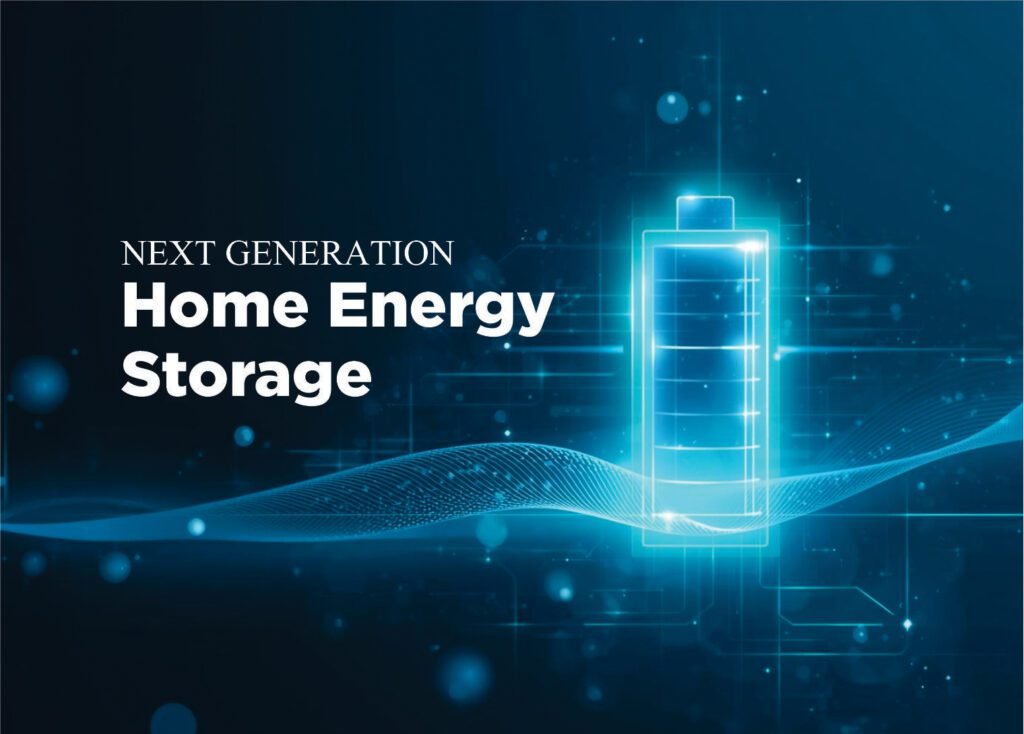Base Power, an Austin-based energy technology company, has secured $1 billion in Series C funding to accelerate the deployment of home battery systems across the United States. The round was led by Addition, with participation from leading investors including Trust Ventures, Valor Equity Partners, Thrive Capital, Lightspeed, Andreessen Horowitz, Altimeter, StepStone, Elad Gil, and several new backers such as Ribbit, CapitalG, Spark, BOND, Lowercarbon, Avenir, Glade Brook, Positive Sum, and 1789.
The company, co-founded and led by Zach Dell, is on a mission to modernise America’s ageing power grid through a decentralised network of smart batteries. These home-installed systems allow users to store energy, access backup power, and sell excess electricity back to the grid.
“The chance to reinvent our power system comes once in a generation,” said Dell. “The challenge ahead requires the best engineers and operators to solve it, and we’re scaling the team to make our abundant energy future a reality.”
This massive funding round positions Base Power as one of the most well-capitalised startups in the renewable energy and battery infrastructure space, signalling strong investor confidence in distributed energy solutions.
Base Power Funding Expands Domestic Energy Manufacturing
A major portion of the $1 billion raised will go toward domestic manufacturing and large-scale deployment of Base Power’s energy storage technology. The company is constructing its first energy storage and power electronics factory in downtown Austin, Texas, at the site of the former Austin American-Statesman printing press.
This facility will serve as the foundation for Base Power’s broader industrial expansion, with plans already in motion for a second U.S. manufacturing site.
“We’re building domestic manufacturing capacity for fixing the grid,” said Lopas, an executive at Base Power. “The only way to add capacity to the grid is by physically deploying hardware, and we need to make that here in the U.S., ourselves.”
Base Power’s model aligns with the broader reindustrialisation movement sweeping across the U.S., as companies bring high-tech manufacturing closer to home to strengthen supply chains and energy independence. The Austin plant represents a major step toward building a self-sustaining ecosystem for renewable energy hardware.
Base Power Funding Supports Grid Stability Through Distributed Storage
At the heart of Base Power’s model is its home battery leasing system, which offers affordable upfront and monthly costs to homeowners. Each installed battery provides backup power during outages and enables users to participate in local energy markets by selling excess electricity back to the grid.
By aggregating thousands of these batteries nationwide, Base Power creates a distributed energy network that can stabilise local grids, reduce peak demand, and prevent blackouts during extreme weather events.
The company recently qualified for Texas’s Aggregated Distributed Energy Resource (ADER) programme, which allows distributed batteries to sell electricity directly into the grid. This not only enhances grid reliability but also gives homeowners new revenue streams, creating an economic incentive to adopt clean energy technologies.
“The ADER qualification represents a breakthrough moment,” Dell added. “It’s proof that distributed energy can serve both households and the grid efficiently, sustainably, and profitably.”
How Base Power’s Funding Redefines Energy Distribution
Base Power’s $1 billion Series C comes amid a global push to decentralise energy production and build resilient grid systems capable of handling renewable integration. The company’s battery infrastructure effectively turns homes into micro power plants, creating a two-way energy flow between consumers and utilities.
This distributed model addresses a persistent challenge in the American energy system — the strain on ageing infrastructure. According to the U.S. Energy Information Administration, outages caused by grid instability have risen over the past decade due to increasing demand and severe weather events. Base Power’s technology offers a scalable path to reduce grid congestion and carbon emissions while empowering homeowners to control their own energy future.
By combining cutting-edge hardware with AI-driven energy management software, Base Power aims to optimise how electricity is stored, distributed, and consumed. This integrated approach represents a shift from centralised power generation to networked energy ecosystems, where communities collectively contribute to energy security.
Base Power’s Vision for a Reindustrialised and Renewable America
Beyond product innovation, Base Power’s strategy emphasises domestic manufacturing and workforce development. The company’s leadership views the construction of its Austin factory as part of a broader national effort to “reindustrialise America.” By revitalising high-tech production capacity within the country, it achieves its purpose.
Lopas explained that the company is not just producing batteries. It is building the infrastructure, systems, tools, and software needed to reinvent the U.S. energy grid from the ground up.
This holistic approach mirrors a growing consensus among policymakers and investors. One where renewable energy transformation requires physical deployment at scale, not just software innovation.
As Base Power expands production, it plans to collaborate with local governments, energy regulators, and technology partners. It seeks to ensure its distributed energy systems integrate seamlessly with regional utilities.
If successful, Base Power could become a cornerstone of America’s clean energy transition. This feat will demonstrate how venture-backed manufacturing and distributed storage can deliver tangible progress.
A New Era for Energy and Infrastructure
Base Power’s $1 billion funding round is not only a milestone for the company but also a sign of renewed confidence in hard-tech innovation and energy infrastructure startups. With leading venture firms betting on its mission, Base Power is positioned to shape the future of how electricity is produced, stored, and shared across the country.
The company’s upcoming Austin factory, growing team, and expanding grid partnerships all underscore its commitment to building a more resilient, decentralised, and sustainable power system for generations to come.

